Best movies like Kino Eye
A unique, carefully handpicked, selection of the best movies like Kino Eye . If you liked Kino Eye then you may also like: Ukraine in Flames, The Vow, War Dance, Welcome, or No Trespassing, Nanook of the North and many more popular movies featured on this list. You can further filter the list even more or get a random selection from the list of similar movies, to make your selection even easier.
This documentary promoting the joys of life in a Soviet village centers on the activities of the Young Pioneers. These children are constantly busy, pasting propaganda posters on walls, distributing hand bills, exhorting all to "buy from the cooperative" as opposed to the Public Sector, promoting temperance, and helping poor widows. Experimental portions of the film, projected in reverse, feature the un-slaughtering of a bull and the un-baking of bread.
You may filter the list of movies on this page for a more refined, personalized selection of movies.
Still not sure what to watch click the recommend buttun below to get a movie recommendation selected from all the movies on this list
Welcome, or No Trespassing
A satirical comedy about the excessive restrictions that children face during their vacation in a Young Pioneer camp.
Nanook of the North
This pioneering documentary film depicts the lives of the indigenous Inuit people of Canada's northern Quebec region. Although the production contains some fictional elements, it vividly shows how its resourceful subjects survive in such a harsh climate, revealing how they construct their igloo homes and find food by hunting and fishing. The film also captures the beautiful, if unforgiving, frozen landscape of the Great White North, far removed from conventional civilization.
Nuremberg Trials
This riveting Russian documentary takes you inside the trials of the notorious German war criminals, brought to trial to account for their actions. The footage includes excerpts from the trials of many of the senior Nazis including Goebels and Goring.
Ring Up the Curtain
Stage hand Harold falls in love with the leading lady of a visiting theatrical troupe.
Road to Life
Young hobos are taken to a new camp to become good Soviet citizens. This camp works without any guards, and it works well. But crooks kill one of the young people when they try to damage the newly built railroad to the camp.
Robbers' Roost
Jim "Tex" Wall, searching for the last of the three men who raped and killed his wife, joins a gang of cattle rustlers led by Hank Hays. Both Hays' outlaws and a rival gang headed by Heesman, have been hired as ranch hands by "Bull" Herrick, a cripple who owns a large cattle ranch and wants to get his large herd to market. He theorizes that the two gangs will be kept busy watching each other and neither will rustle his cattle. Helen has little faith in her brother's contrived plan, and hates and distrusts both groups. She begins to soften toward Jim, but abruptly changes when she sees a reward poster which says he has killed two men.
The Joy of Life
A blending of documentary and experimental narrative strategies, combining stunning 16mm landscape cinematography with a bold, lyrical voice-over to share two San Francisco stories: the history of the Golden Gate Bridge as “suicide landmark,” and the story of a butch dyke in San Francisco searching for love and self-discovery. The Joy of Life is a film about landscapes, both physical and emotional.
Comrade Chkalov Crosses the North Pole
A satiric comedy which dissects the iconography of the 'Soviet Hero'. Original footage of a propaganda film from 1941 is the starting point for this parody of the ideological cliches of Soviet cinema. It follows the story of a Russian crew across the North Pole.
The Cat Who Walked by Herself
Two parents put their child in his crib for the night and leave the room. The child starts crying, and the Cat comes into the room to keep him company. The child grabs her tail, and the Cat angrily reminds him that they agreed a thousand years ago that he would not do that. Upon seeing that the child doesn't remember, the Cat sighs and decides to tell him the story from the beginning. The story starts when the planet was young and life on Earth is starting with dinosaurs.
The Epic of Everest
The official record of Mallory and Irvine's 1924 expedition. When George Mallory and Sandy Irvine attempted to reach the summit of Everest in 1924 they came closer than any previous attempt. Inspired by the work of Herbert Ponting (The Great White Silence) Captain Noel filmed in the harshest of conditions, with specially adapted equipment, to capture the drama of the fateful expedition.
The Extraordinary Adventures of Mr. West in the Land of the Bolsheviks
Mr. West and his faithful bodyguard Jeddie visit the land of the 'evil' Bolsheviks. Through various mishaps, Mr. West discovers that the Soviets are actually quite remarkable people.
Food and Magic
A sideshow barker uses magic and visual aids to alert the public that proper food management is both a resource and a weapon that could be to America's advantage if conserved properly in winning the then current World War.
Fragment of an Empire
Director Frederick Ermler’s last silent feature and the last of four collaborations with actor Fiodor Nikitin. Nikitin plays an officer who spends a decade after the Great War as a shell-shocked amnesiac, until a glimpse of a woman through a train window sparks the return of his memory. He makes his way back to St. Petersburg, now Leningrad, a man out of time who struggles to make sense of the new society brought about by the revolution.
The General Line
Also known as The Old and the New (Staroye i Novoye), The General Line illustrates Lenin’s stated imperative that the nation move from agrarian to industrial culture in an epic ode to farm-collectivization progress.
Manufacturing Consent: Noam Chomsky and the Media
A film about the noted American linguist/political dissident and his warning about corporate media's role in modern propaganda.
Grass: A Nation's Battle for Life
A silent documentary which follows a branch of the Bakhtiari tribe of Persia as they and their herds make their epic seasonal journey to better pastures.
Hymn of the Nations
Hymn of the Nations, originally titled Arturo Toscanini: Hymn of the Nations, is a 1944 film directed by Alexander Hammid, which features the "Inno delle nazioni," a patriotic work for tenor soloist, chorus, and orchestra, composed by Italian opera composer Giuseppe Verdi in the early 1860s. (For this musical work, Verdi utilized the national anthems of several European nations.) In December 1943, Arturo Toscanini filmed a performance of this music for inclusion in an Office of War Information documentary about the role of Italian-Americans in aiding the Allies during World War II. Toscanini added a bridge passage to include arrangements of "The Star-Spangled Banner" for the United States and "The Internationale" for the Soviet Union and the Italian partisans. Joining Toscanini in the filmed performance in NBC Studio 8-H, were tenor Jan Peerce, the Westminster Choir, and the NBC Symphony Orchestra. The film also included the overture to Verdi's opera La Forza del Destino.
Man with a Movie Camera
A cameraman wanders around Moscow, Kharkiv, Kyiv and Odesa with a camera slung over his shoulder, documenting urban life with dazzling invention. Man with a Movie Camera is one of the major manifestos of the world cinema avant-garde. According to the aesthetic principles of Vertov, the film was not based on a script. In Man with a Movie Camera, Vertov implemented experiments that he carried out for many years and theoretical developments in cinematography and editing, turning the film into a film-making methodological guide for subsequent generations of directors. The camera of a talented cinematographer Mikhail Kaufman captures the motley life of Ukrainian megalopolises – Odesa, Kharkiv, and Kyiv – under New Economic Policy.
The Plow That Broke the Plains
A documentary about what happened to the Great Plains of the United States and Canada when uncontrolled farming destroyed the soil and led to the Dust Bowl.
Three Songs About Lenin
This documentary, made up of 3 episodes, is based on three songs sung by anonymous people in Soviet Russia about Vladimir Ilyich Lenin.
The World Changes
Generational saga tracing the events in the lives of the midwest pioneering Nordholm family, as seen through the eyes of businessman Orin Nordholm Jr., who ages from a youth to an elderly grandfather.
Slaughterhouse
The owner of a slaughterhouse facing foreclosure instructs his obese and mentally disabled son to go on a killing spree against the people who want to buy his property.
Recovery Boys
In the heart of America's opioid epidemic, four men try to reinvent their lives and mend their broken relationships after years of drug abuse.
My Perestroika
Tells the story of five people from the last generation of Soviet children who were brought up behind the Iron Curtain. Just coming of age when the USSR collapsed, they witnessed the world of their childhood crumble and change beyond recognition. Through the lives of these former schoolmates, this intimate film reveals how they have adjusted to their post-Soviet reality in today's Moscow.
Spring Comes Soon
The old peasant Minago Iremadze and his wife miss their children who live in the city. The older brother married a city girl, the younger studies there. Minago decides to bring them back home. He goes to the city and tells everything to his sons. The brothers understand their dad well but cannot abandon the city life.
Vasily and Vasilisa
Was have Vasily and Vasilisa seven children. They lived together, the village respected the working family. But one day something happened to the owner: washed down the man and raised his hand to the faithful wife. And then Vasilisa evicted her husband in the barn. It was just before the war.…
The Russian Woodpecker
As his country is gripped by revolution and war, a Ukrainian victim of the Chernobyl nuclear disaster discovers a dark secret and must decide whether to risk his life and play his part in the revolution by revealing it.
A Little Crane
Based on the novel of Mikhail Alekseyev "Bread — as a Noun." About the fate of a Russian woman who endured all the hardships of war and post-war life. After the war, those few who survived at the front returned to their native village. But Marfa's husband, whom she had been waiting for for so many years, would never return. Marfa, a beautiful and proud woman, remains true to her only love...
Trubachyov's Detachment Is Fighting
The Trubachyov's pioneers detachment is stuck in the occupied territories during WWII. The children are trying to fight the enemy...
Qadjana
Local baron decides to take poor Kikola’s land and orders a local witch Babale to persuade Kikola’s wife that non-compliance will bring suffering to their children Kato and Kajana. On the day of the Bonfire, Kato plays a wicked trick on her brother by dressing up as an evil imp. The shock makes Kajana dumb. The parents take him to a distant village where he has to "meet the miraculous icon" in hope of recovery.
The Drummer's Fate
A young boy is trying to find his family and fights enemies of the state.
Tractor Drivers
The story takes place in a Soviet placed in what is now Ukraine. A mechanic arrives in the Soviet, lead by a young independent woman driving tractors and, between many comedy sketches and propaganda mottoes, a love comes to light.
Cosmonauts: How Russia Won the Space Race
When Neil Armstrong stepped onto the moon in 1969, America went down in popular history as the winner of the space race. But that history is bunk. The real pioneers of space exploration were the Soviet cosmonauts. This remarkable feature-length documentary combines rare and unseen archive footage with interviews with the surviving cosmonauts to tell the fascinating and at times terrifying story of how the Russians led us into the space age. A particular highlight is Alexei Leonov, the man who performed the first spacewalk, explaining how he found himself trapped outside his spacecraft 500 miles above the Earth. Scary stuff.
American Traitor: The Trial of Axis Sally
The life of American woman Mildred Gillars and her lawyer, who struggles to redeem her reputation. Dubbed “Axis Sally” for broadcasting Nazi propaganda to American troops during World War II, Mildred’s story exposes the dark underbelly of the Third Reich's hate-filled propaganda machine, her eventual capture in Berlin, and subsequent trial for treason against the United States after the war.
Lenin in Poland
The life of the great Bolshevik leader before the Russian revolution is chronicled in this bio-pic. Much of the tale centers on his exile in Poland where Lenin becomes friends with two peasants. The little girl has a strong belief in the nationalist cause. Later Lenin hears she was killed for withholding information about him.
Days and Nights
This literary adaptation was the first Soviet feature length dramatization, as opposed to documentary film, on the momentous Battle of Stalingrad.
Cosmic Journey
Soviet cinematographers created a progressively realistic image of a journey to the moon in these early days of special effects. Scientist Pavel Sedikh grows impatient with the restrictions of the conservative Soviet space institute in Moscow. Sedikh builds his own spacecraft, and accompanied by a female astronaut and a boy, he embarks on a the first human trip to the moon.
A French Lesson
Actions of the movie occurred in Post-WWII years in small village. Mother with three children. Father was lost in the war, like many other. 11-year old son rather smart boy is main help in housekeeping. But here was primary school only, and he was sent to study to neighbor village over 50 km. He lives with his mother's friend - woman and two children. Mother brought food one time per 3 weeks, and he cooks and eats separately from householders. To buy more food he plays game 'money'. He was beaten by older boys – usual child's cruelty.
Late dates
Having arrived from the village to Leningrad, the heroine achieved everything she could dream of: she graduated from the Institute with honors, defended her thesis, built and furnished a cooperative apartment. Only here in private life she was not lucky: for some reason, do not hold near her man…
Jujuna's Dowry
Varden, a poor peasant decides to find a rich fiancée but in vain. Following Galaktion, his rich neighbor’s advice, he attempts a horse theft but fails and nearly escapes death. Thanks to Jujuna, his other neighbor, he finds job at the village’s blacksmith.
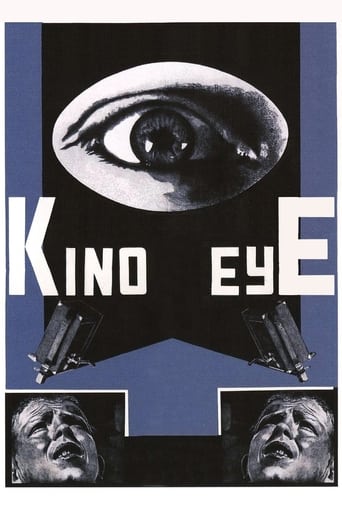













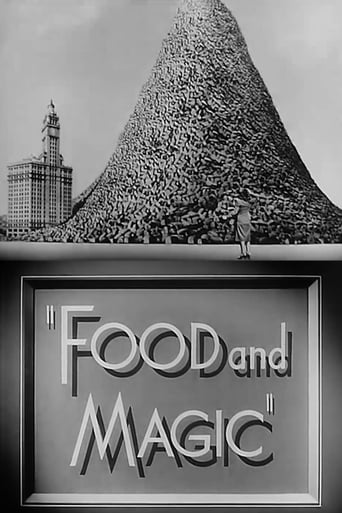











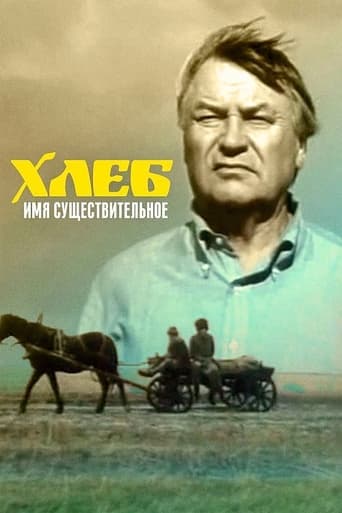






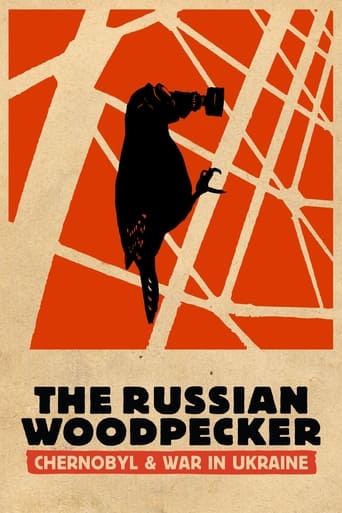


















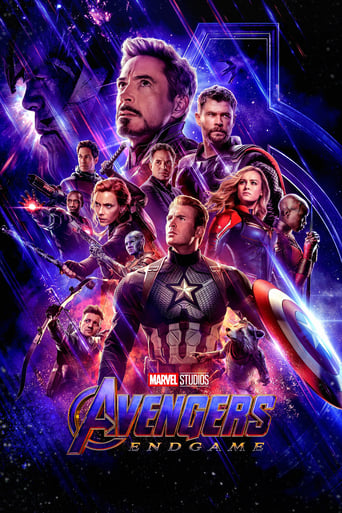
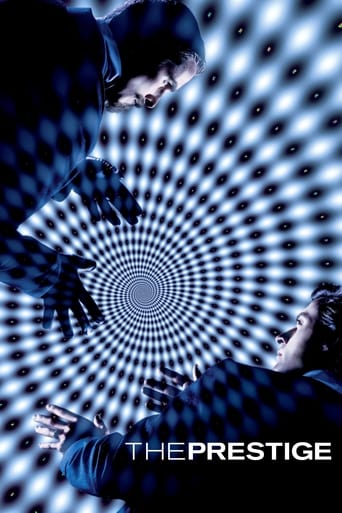
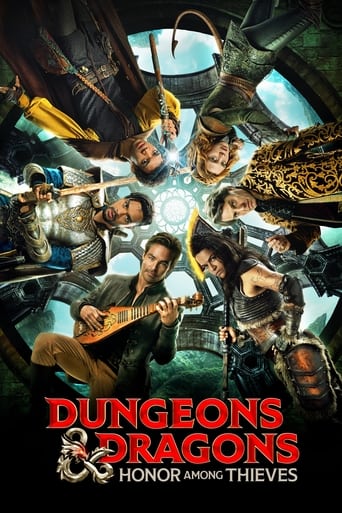
Ukraine in Flames
A 1943 Soviet documentary war film by Ukrainian director Alexander Dovzhenko and Yuliya Solntseva. It is Dovzhenko's second World War II documentary, and dealt with the Battle of Kharkov. The film incorporates German footage of the invasion of Ukraine, which was later captured by the Soviets.